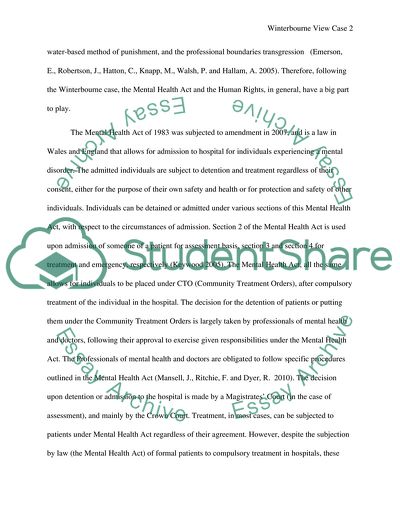Cite this document
(“Winterbourne View Hospital Essay Example | Topics and Well Written Essays - 3250 words”, n.d.)
Winterbourne View Hospital Essay Example | Topics and Well Written Essays - 3250 words. Retrieved from https://studentshare.org/health-sciences-medicine/1688404-please-check-the-instruction-section-for-the-topic
Winterbourne View Hospital Essay Example | Topics and Well Written Essays - 3250 words. Retrieved from https://studentshare.org/health-sciences-medicine/1688404-please-check-the-instruction-section-for-the-topic
(Winterbourne View Hospital Essay Example | Topics and Well Written Essays - 3250 Words)
Winterbourne View Hospital Essay Example | Topics and Well Written Essays - 3250 Words. https://studentshare.org/health-sciences-medicine/1688404-please-check-the-instruction-section-for-the-topic.
Winterbourne View Hospital Essay Example | Topics and Well Written Essays - 3250 Words. https://studentshare.org/health-sciences-medicine/1688404-please-check-the-instruction-section-for-the-topic.
“Winterbourne View Hospital Essay Example | Topics and Well Written Essays - 3250 Words”, n.d. https://studentshare.org/health-sciences-medicine/1688404-please-check-the-instruction-section-for-the-topic.


